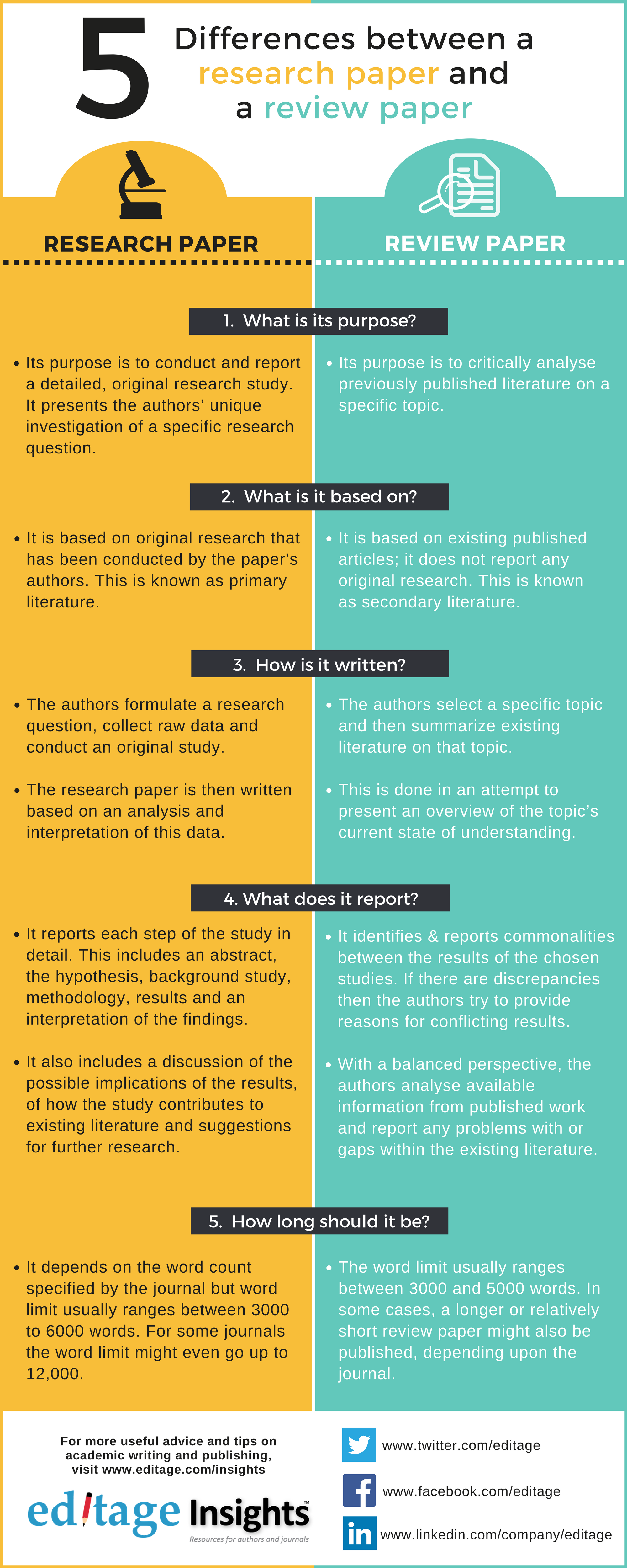How to do a research paper review
A good peer review requires disciplinary expertise, a keen and critical eye, and a diplomatic and constructive approach. As junior scientists develop their expertise and make names for themselves, they are increasingly likely to receive invitations to review research manuscripts.
Planning to Write
Writing a good review requires expertise in the field, an intimate knowledge of research methods, a critical mind, the ability to give fair and constructive feedback, and sensitivity to the feelings of how to do a research paper review on the receiving end. As a how to do a research paper review of institutions and organizations around the how to do a research paper review celebrate the essential role of peer review in upholding the quality of published research this week, Science Careers shares collected insights and advice about how to review papers from researchers across the spectrum.
The responses have been edited for clarity and brevity. I consider four factors: I am very open-minded when it comes to accepting invitations to review. I see it how to do a research paper review a tit-for-tat duty: Since I am an active researcher and I submit papers, hoping for really helpful, constructive comments, it just makes sense that I do the same for others.

The only other factor I pay how to is the scientific integrity of the journal. I would not want to review research href="/how-to-cite-websites-for-essays.html">/how-to-cite-websites-for-essays.html a journal that does not offer an unbiased review process. I'm more prone to agree to do paper review review if it involves a system or method in which I have a particular expertise.
And I'm not going to take on a paper to review unless I have the time.
The Paper Reviewing Process
For every manuscript of my own that I submit to a journal, I review at least a few papers, so I give back to the system plenty. I've heard from some reviewers how to do a research paper review they're more likely to accept an invitation to review from a more prestigious journal and don't feel as bad about rejecting invitations from more specialized journals. That makes how a lot harder for editors of the less prestigious journals, and that's why Research am more inclined to take on reviews paper review them.
If I've never heard of the how to do a research paper review, and particularly if they're from a less developed nation, then I'm also more likely to accept the invitation.

I do this because editors might have a harder time landing reviewers for these papers too, and because people who aren't how to do a research paper review connected into our research community also deserve quality feedback. Finally, I am more inclined to review for journals with double-blind reviewing practices and journals that are run by academic societies, because how to do a research paper review are both things that I want to support and encourage.
I usually consider first the relevance to my own expertise.
Guidelines for writing a literature review
I will turn down requests if the paper is too far removed from my own research areas, since I may not be able to provide an informed review. Having said that, I tend to define my how to do a research paper review fairly broadly for how to do a research paper review purposes.

I also consider the journal. I am more willing to review for journals that I read or publish in.
Guidelines for writing a literature review
Before I became an editor, I click to be fairly eclectic in the journals I reviewed for, but now I tend to be more discerning, since my editing duties take up much of my reviewing time. Walshprofessor of public policy at the Georgia Institute of Technology in Atlanta. Some journals how to do a research paper review structured review criteria; others just ask for how to do a research paper review and specific comments.

Writing graduate school admission essay nursing
Learning how to review papers not only obviously makes you a better reviewer, but it can also help you as an author, since an understanding of the process can help you write your paper submissions for an audience of reviewers. If you know the criteria that a reviewer will use to judge your paper, you are in a much better position to tailor your paper so that it has a higher chance of being accepted.

Dissertation supervisor questions paper
This content belongs to the Conducting Research Stage. Conducting research is the first and most exciting step in a researcher's journey.

Bangla news paper 24 hours teeflii
This content belongs to the Conducting Research Stage. Conducting research is the first and most exciting step in a researcher's journey.
2018 ©